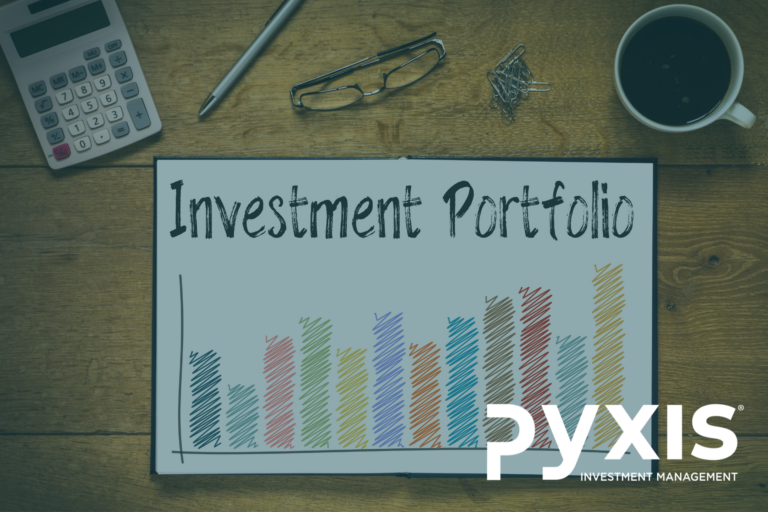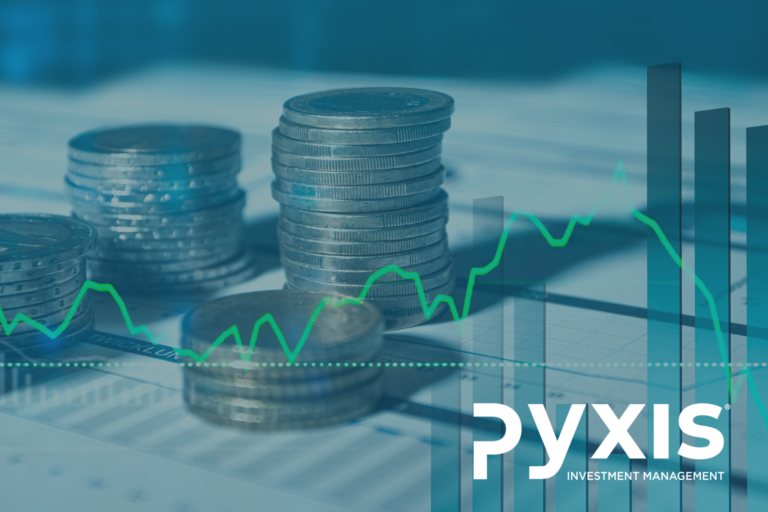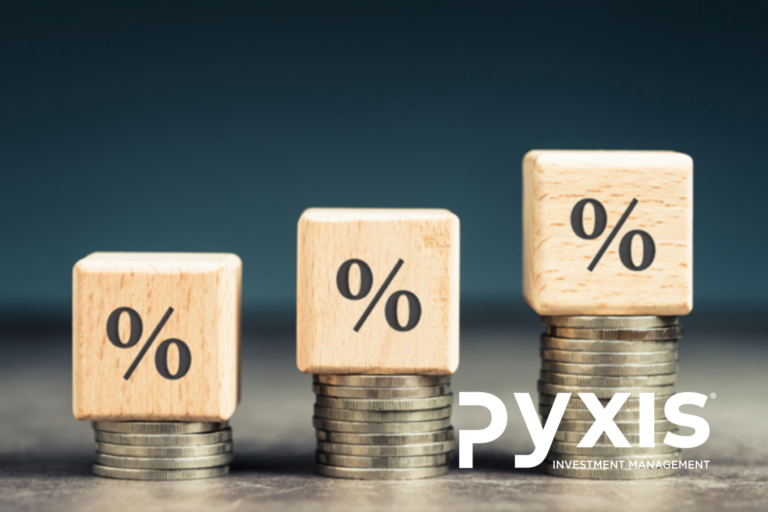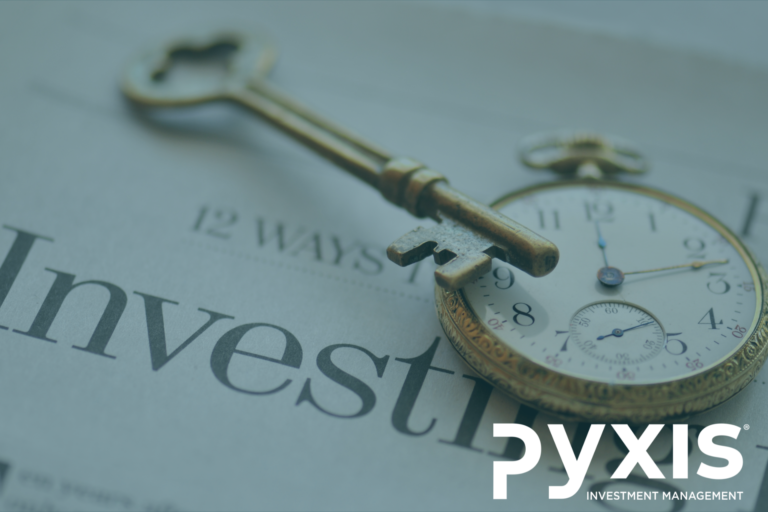During 2022, global capital markets were characterised by elevated levels of uncertainty and volatility. The year will be remembered for a slew of extraordinary events that caused increased risk aversion amongst global investors.
Increased regulatory pressure on Chinese technology firms, a lacklustre economy and weak property market led to significant weakness in Chinese stock markets, currently trading at levels last seen in 2007. War in Eastern Europe preoccupied investors’ minds and led to soaring energy prices, especially in Europe and the UK. Rising inflation (and cost of living) and interest rates, a global phenomenon, are all fueling a debate as to whether the global economy may fall into recession. Political instability in the UK and elsewhere, geopolitical risk in Asia (China, Taiwan and North Korea), logistical and supply issues (semiconductor, or computerchips, for instance) and a strong US Dollar have added fuel to the fire. Global stock and bond markets, year to date, have fallen significantly as a result (see the accompanying market synopsis for more detail). The popular crypto currencies, NFT’s and so called “zombie” companies (popular companies that do not produce any profit) have also corrected significantly. Bitcoin, for instance, continued to lose value year to date and is currently down approximately 75% since its peak in 2021. In addition, a number of crypto trading platforms have also filed for bankruptcy lately.
Domestically there have also been a number of issues: continued load shedding, unrest and floods in KwaZulu-Natal and more recently, political uncertainty surrounding president Ramaphosa. Astonishingly, year to date, the domestic stock market held up reassonsbly well, to a degree due to large multi-national companies performance as the rand weakned significantly during the year.
The message is that, after years of Quantitative Easing and near zero interest rates globally, rising interest rates will lead to some form of normalisation in the behaviour of capital markets. The era of free money seems to be over and there may be some adjustment needed with regards to expectations for global economic activity and investment returns.
We are continuously thinking about and debating these issues, with the view of effective allocation of investment capital, portfolio construction and risk management. Our investment philosophy and process, based on the concept of a causal relationship between an investment and business cycle, supported by our five pillars: pragmatism, risk management, global vision, multi-asset class approach and long-term thinking, has held up well during this difficult year. We are pleased that Our Best Investment View and client portfolios performed well, despite the year’s challenges, as we outperformed global benchmarks as well as major unit trust competitors (as represented by official statistics measuring the various categories of unit trust funds).
We will spend December evaluating our views and long-term investment themes and also do our annual “left-field” risk scenarios (interesting exercise where we identify unlikely scenarios or “black swans” that might influence markets in the coming year), which will be utilised as an additional input to our investment process and which we will discuss with you at our next round of feedback meetings.
December Housekeeping
Happy holidays! We would like to make use of this opportunity to wish you and your loved one’s a very happy, blessed and safe holiday season. After another tough year, we hope you have a relaxed break and that you start the new year with batteries fully recharged!
We will be available throughout December should you require any assistance. We may be out of office from time to time, but Ashley and myself will be online and connected and contactable by the usual means.
As we did last year, we have decided to, in lieu of year end gifts, make a donation to a charitable organization in support of those less fortunate during these difficult times. We will post the certificate on the website in due course.
Last, but not least, thank you very much for your continued support, without which we would not have been able to build Pyxis to where it is today. We look forward to our continued partnership and assure you of our unwavering commitment to you and the management of your investments.







